9 Benefits of SEO for Small Businesses in 2024 (Plus Tools)
Gabriela Jhean
Are you wondering if the benefits of SEO for small businesses outweigh the efforts?
Spoiler alert: they do.
Small businesses must leverage every opportunity to stand out, and search engine optimization (SEO) is your ticket to outranking the competition.
By implementing effective SEO strategies, small businesses can improve online visibility, drive targeted traffic, and boost sales.
In this article, we’ll explore 9 benefits of SEO for small businesses and reveal which tools can improve your growth strategy in 2024.
Table of Contents
9 Benefits of SEO for Small Businesses
Let’s start with the basics: why your small business should do SEO.
1. Increased Visibility on Search Engines
In the vast online market, it’s crucial for small businesses to be easily discovered by potential customers.
After all, they’ve got to be able to find you to do business with you.
Strong SEO helps your business rank higher in search results so customers can find your website.
Ideally, you want to be on the first page because it has the highest clickthrough rate (CTR).
This increased visibility allows you to capture your target audience’s attention and drive organic traffic to your site.
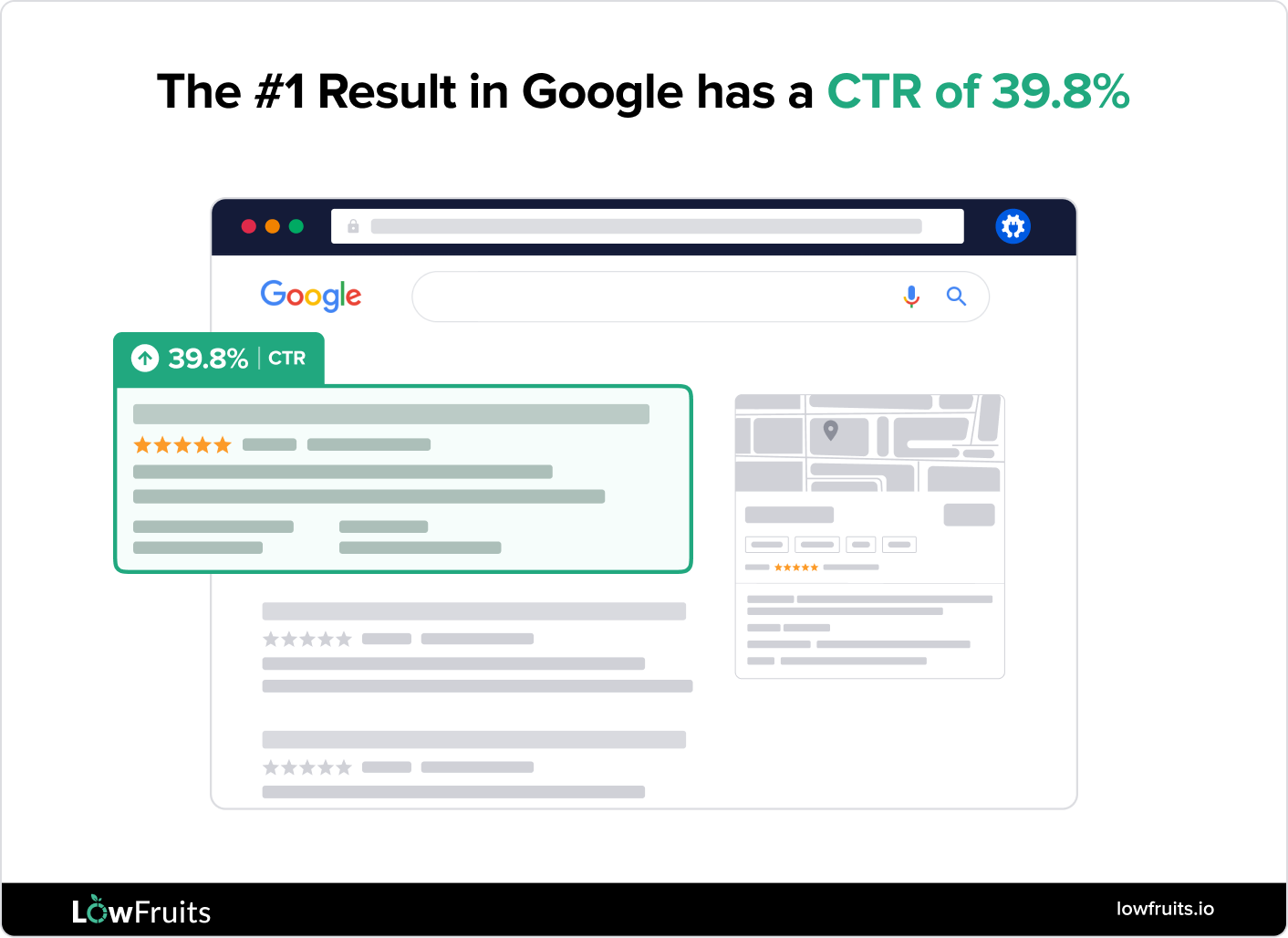
2. Better Brand Awareness
Building brand awareness is essential for small businesses to grow their customer base.
SEO helps your brand appear for relevant searches, reinforcing your brand’s position in the market and etching your name in the minds of potential customers.
This increased visibility translates into a wider audience recognizing your brand, leading to stronger brand recall and, ultimately, more customer loyalty.
3. Drives Sales and Increases Conversions
The success of any small business lies in generating sales.
SEO plays a pivotal role in driving highly targeted traffic to your website, resulting in increased leads, conversions, and sales.
By utilizing keywords aligned with their niche, small businesses gain a competitive edge in reaching their target market and maximizing conversion rates.
4. Cost-Effective Marketing Channel
SEO is a cost-effective marketing channel for small businesses compared to traditional advertising methods or pay-per-click (PPC) campaigns.
By optimizing your website, you can achieve long-lasting results and maximize your return on investment (ROI) without requiring an extensive marketing budget.
Strategic keyword research and optimization can lead to valuable traffic and customer engagement, all while keeping costs low.
You can also round out your digital marketing efforts with additional free channels, like social media.
5. Establishes Credibility and Authority
Credibility is a cornerstone of any small business’s success.
Implementing SEO strategies that focus on high-quality content and user experience helps businesses climb search engine rankings.
These strategies position your brand as an industry authority, building trust with your target audience.
They can also earn you backlinks, one of the top Google ranking factors in 2024.
With consistent SEO efforts, you can establish yourself as an expert in your niche, cultivating customer loyalty and repeat business.
6. Encourages Local Traffic
If your small business caters to a specific geographical area, local traffic is key.
Local SEO enables you to optimize your site for search queries in your area, transforming you from a hidden gem to a neighborhood go-to.
Take a look at the Google Map Pack below, which makes it easy for new customers to find restaurants in their area.
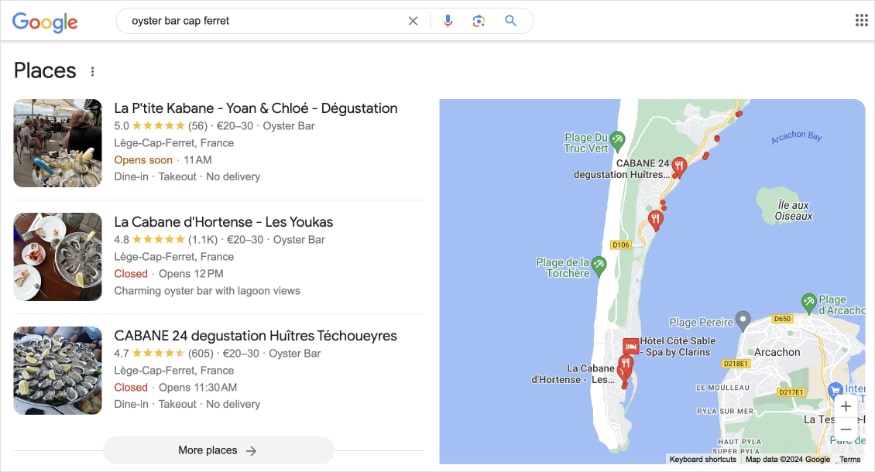
This targeted strategy helps you reach a local audience actively searching for your products or services, attracting high-converting customers ready to buy.
Ultimately, local search is a great way to boost brand visibility within your community, foster trust, and establish you as a community staple.
7. Improved User Experience and Crawlability
SEO involves technical elements that enhance the user experience, such as an optimized website structure and user-friendly navigation.
Small businesses can improve user engagement and satisfaction by providing valuable information with an easy-to-navigate site.
These optimizations can lead to better customer retention and an overall positive user experience.
They also improve the crawlability of your site.
And the easier it is for search engine bots to crawl your site, the easier it is for them to understand your content and rank your content.
8. Long-Term Sustainability
Unlike some marketing strategies that yield short-term results, SEO offers long-term sustainability.
Once small businesses establish their online presence and rankings through effective SEO, they can continue to benefit from organic traffic and visibility over an extended period.
By consistently producing high-quality content and finetuning their SEO, businesses can continue to attract visitors and generate leads, leading to long-term success.
9. Supports Data-Driven Decisions
SEO involves leveraging data and analytics to track website performance, keyword rankings, and user behavior.
Small businesses can gather valuable insights from this data to refine their strategies, identify opportunities, and make informed decisions, leading to continuous improvement and growth.
By analyzing performance data, business owners remove guesswork from their decision-making strategies.
Instead, they rely on analytics based on real data, which can lead to more effective results and an increased ROI.
Cons of SEO for Small Businesses
While SEO offers many benefits, it’s essential to be aware of potential challenges. Here are some cons to consider:
- Results take time. SEO is a long-term strategy that requires ongoing effort and patience. It can take several months before significant results are visible. That’s why it’s important to align expectations with what’s realistic. SEO can be frustrating for website owners seeking immediate gratification.
- SEO is dynamic. Due to search engine algorithm updates, SEO practices constantly evolve. Staying current with the latest trends and adapting strategies can be challenging for small business owners, especially those with limited resources.
- There is intense competition. Depending on the industry and target market, small businesses may face fierce competition from established brands and larger companies. Ranking higher on search engines may require more extensive SEO efforts and a consistent investment of time and resources.
Despite these challenges, SEO remains critical for small businesses in 2024.
Plus, there are tools that streamline SEO for businesses with limited resources or SEO knowledge to help you get results faster.
Let’s look at a few recommendations next.
Best SEO Tools for Small Businesses
When you’re working with a limited budget, it’s important to choose tools that will maximize your investment, time, and efforts.
These tools are budget-friendly, easy to use, and have features that support small businesses.
Best Keyword Research Tool: LowFruits
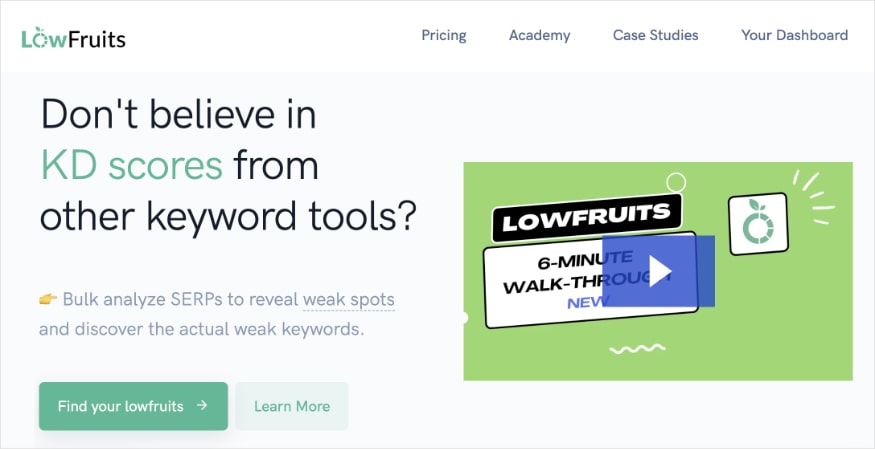
LowFruits is a keyword research tool for identifying low competition keywords.
It analyzes the SERP for weak spots (low authority domains) and helps you focus your efforts on keywords that you can actually rank for.
(Many DIY website owners make the mistake of targeting keywords with high search volumes. Unfortunately, due to extreme competition, these are unattainable for most small businesses.)
LowFruits focuses your SEO efforts on keywords where you can compete—and win.
LowFruits Pricing: LowFruits offers a pay-as-you-go (PAYG) credit system and monthly or annual subscriptions.
Best Technical SEO Tool: Screaming Frog
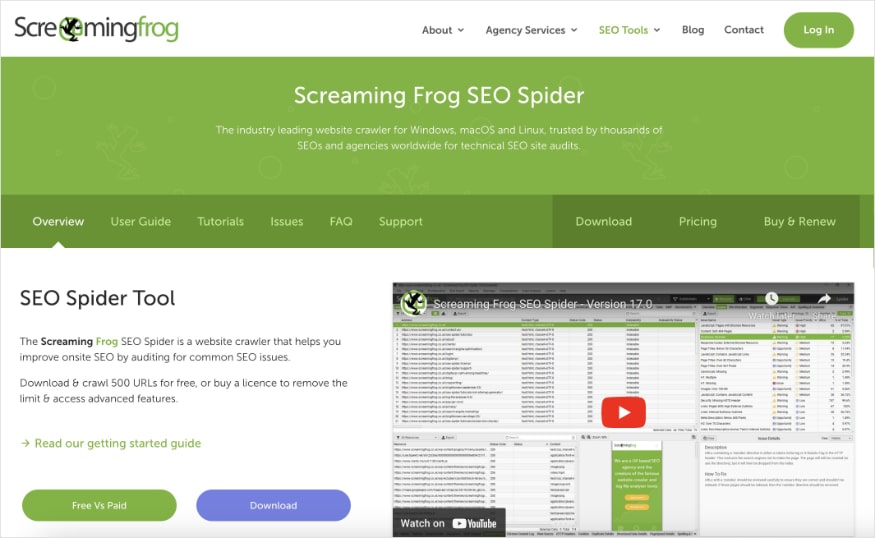
Screaming Frog is an SEO tool that crawls your website to identify technical issues. These include missing canonical tags, duplicate metadata, and pages without internal links.
While Screaming Frog sounds highly technical, it’s actually pretty beginner-friendly.
It’s a desktop app that’s well-organized and labeled, making it simple to navigate. You can click on each issue for a detailed explanation, too.
Screaming Frog Pricing: You can crawl up to 500 URLs per website for free, which is plenty for small businesses. If you want unlimited crawling, Screaming Frog is $259/year.
Best WordPress SEO Plugin: All in One SEO
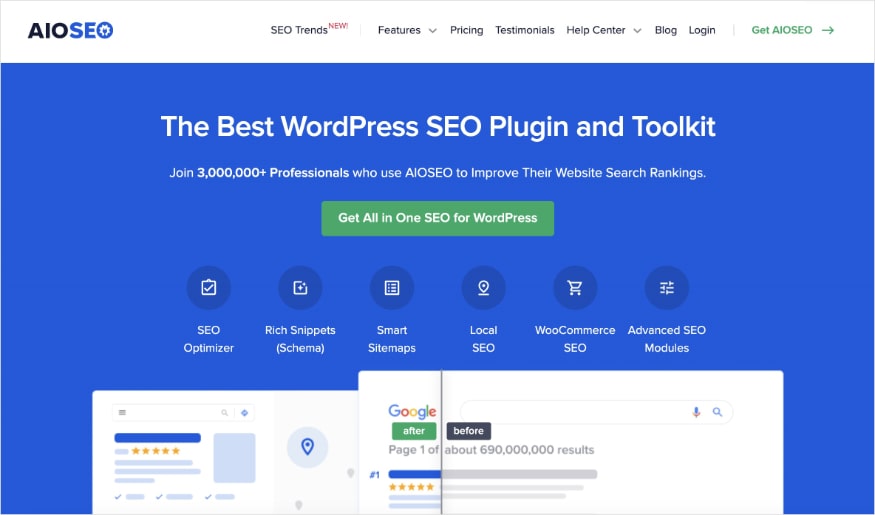
If you’re a WordPress user, look no further than All in One SEO (AIOSEO).
This plugin has all your SEO needs covered and is packed with powerful tools for making the most out of your content marketing.
AIOSEO was designed with small businesses in mind. It knows you’re short on time, so it streamlines a lot of core SEO principles into user-friendly actions.
For example, the TruSEO Analysis tool analyzes your content and gives you actionable tips for improving its on-page SEO and reach. It even highlights where you can make the changes in your post or page, saving you valuable time from manually searching.
AIOSEO Pricing: There’s a free version of AIOSEO, but small businesses would benefit from one of their paid licenses. They start at just $99/year. (For local businesses, you can unlock more tools with their Pro license, which is $399/year.)
Best Free SEO Tool: Google Search Console
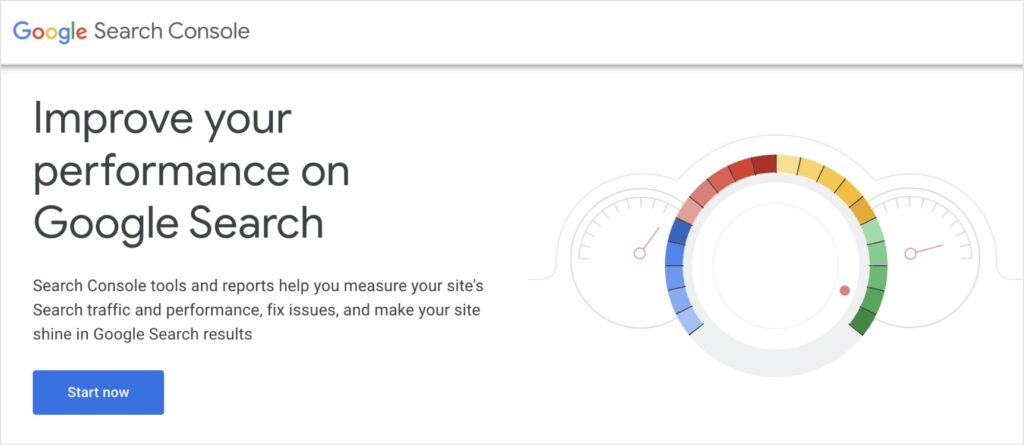
Google Search Console (GSC) is an essential SEO tool for businesses of all sizes. It provides visibility into your website’s performance, indexing status, and keyword rankings.
And it’s free.
There’s a bit of a learning curve with GSC, but there are a lot of resources out there to help you get up to speed. And once you do, it goes a lot faster.
Google has plenty of video tutorials, and we’ve got some Search Console tricks ready to go.
Getting familiar with Search Console is 100% worth your time. It’s an invaluable tool for understanding your small business’ organic performance and figuring out how people are finding your site.
For even more recommendations, check out this lineup of the best SEO tools for small businesses.
(We also didn’t mention Google Analytics, but that’s a must-have for any business website.)
FAQs About SEO Benefits for Small Businesses
Why should a small business use SEO?
SEO is crucial for small businesses as it improves online visibility, attracts organic traffic, and enhances brand awareness. It’s also a cost-effective method for growing your audience when resources are limited.
Can small businesses do SEO without professional help?
Certainly, small businesses can use free and affordable SEO tools to implement their own SEO strategies. Some to consider are LowFruits for keyword research, Screaming Frog for technical SEO, and All in One SEO for WordPress.
Are paid ads better than SEO for small businesses?
While both paid ads and SEO have merits, the ideal approach depends on your business’s goals and budget. Small businesses often work with limited resources, making SEO a more cost-effective way to grow website traffic.
What are the key benefits of SEO for small businesses?
Some key benefits of SEO for small businesses are improved online visibility, increased organic traffic, better brand awareness, and the ability to compete with larger companies.
SEO for Small Businesses: The Benefits Outweigh the Efforts
We hope this article helped you understand the benefits of SEO for small businesses.
SEO is a powerful tool for increasing your visibility in the search landscape and driving qualified traffic to your website.
Despite any challenges that come with learning it, it’s a critical component for standing out and thriving in the digital landscape.